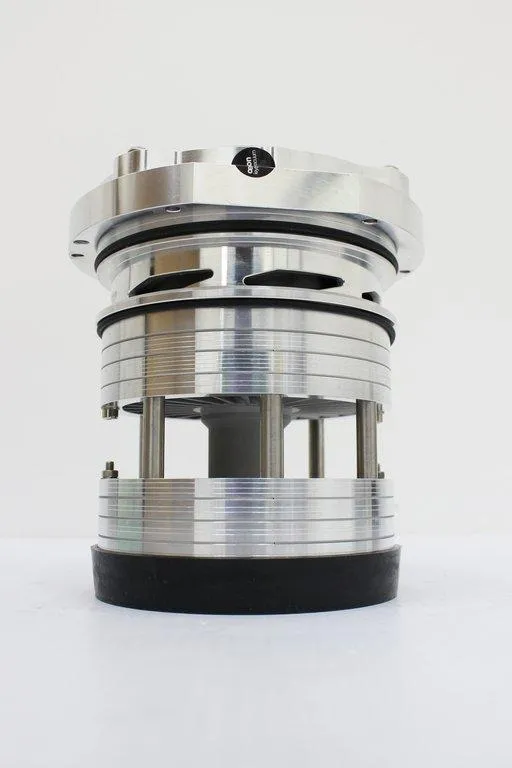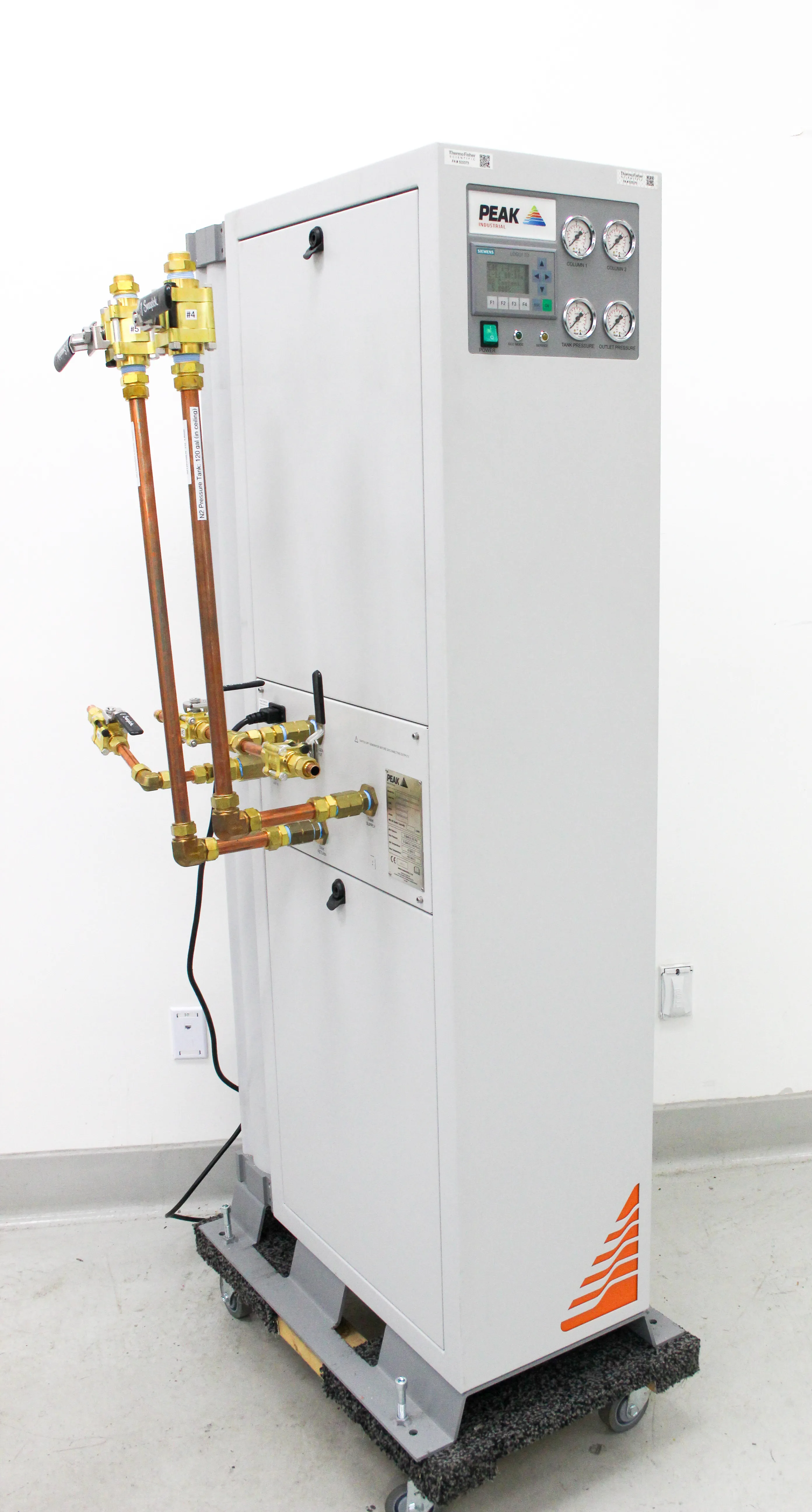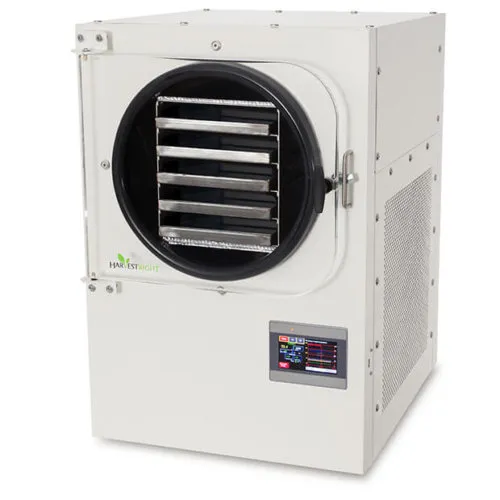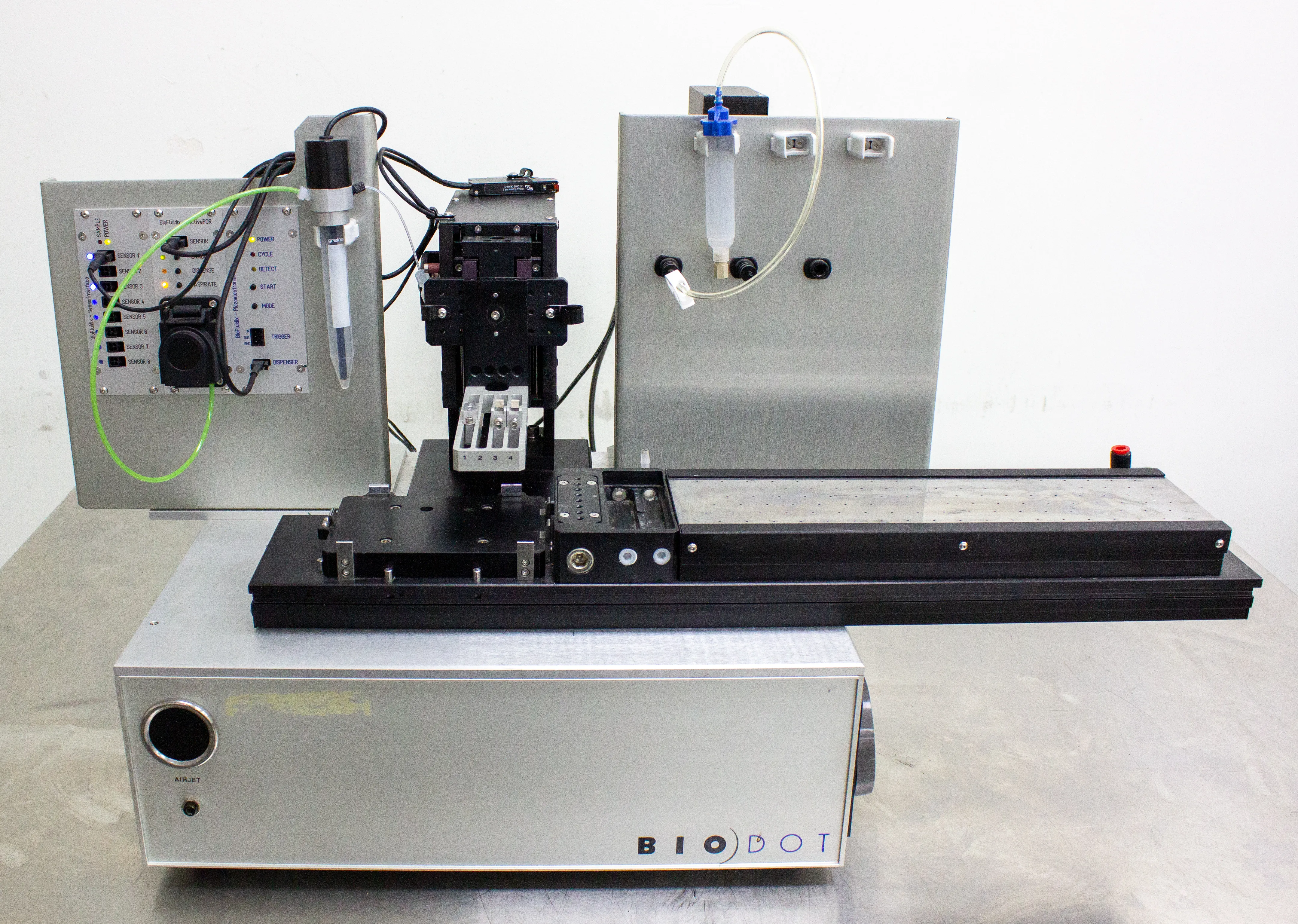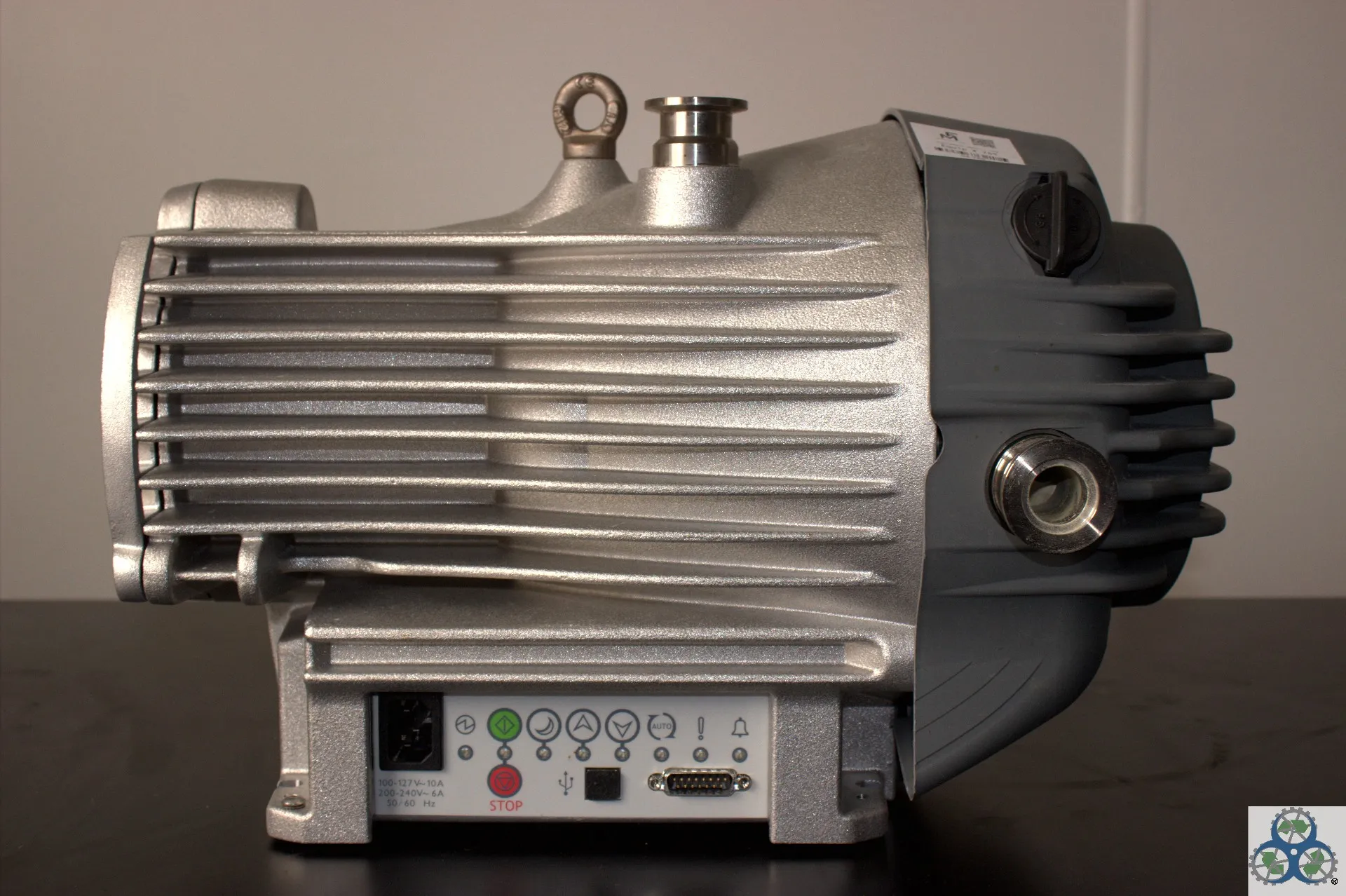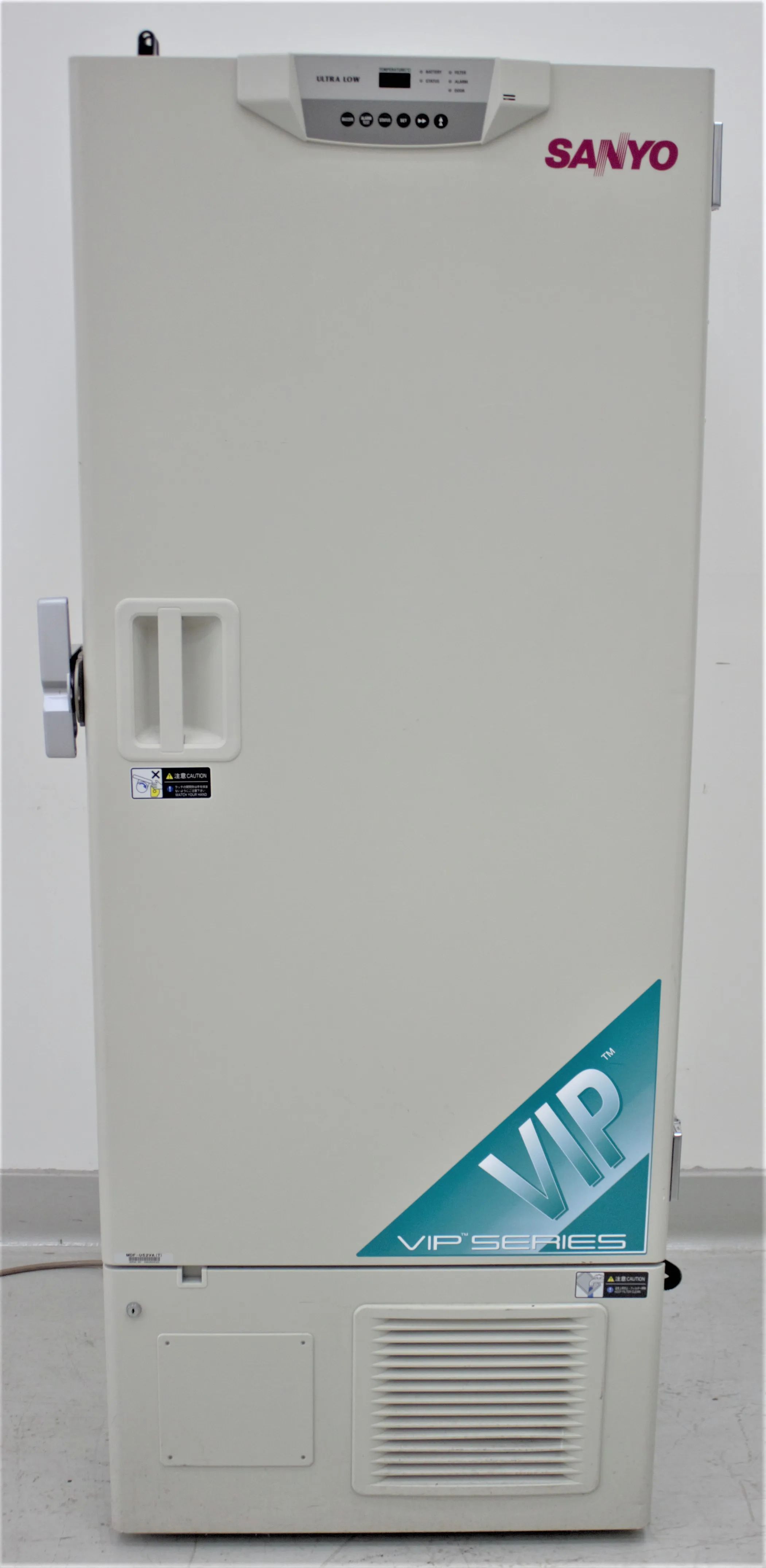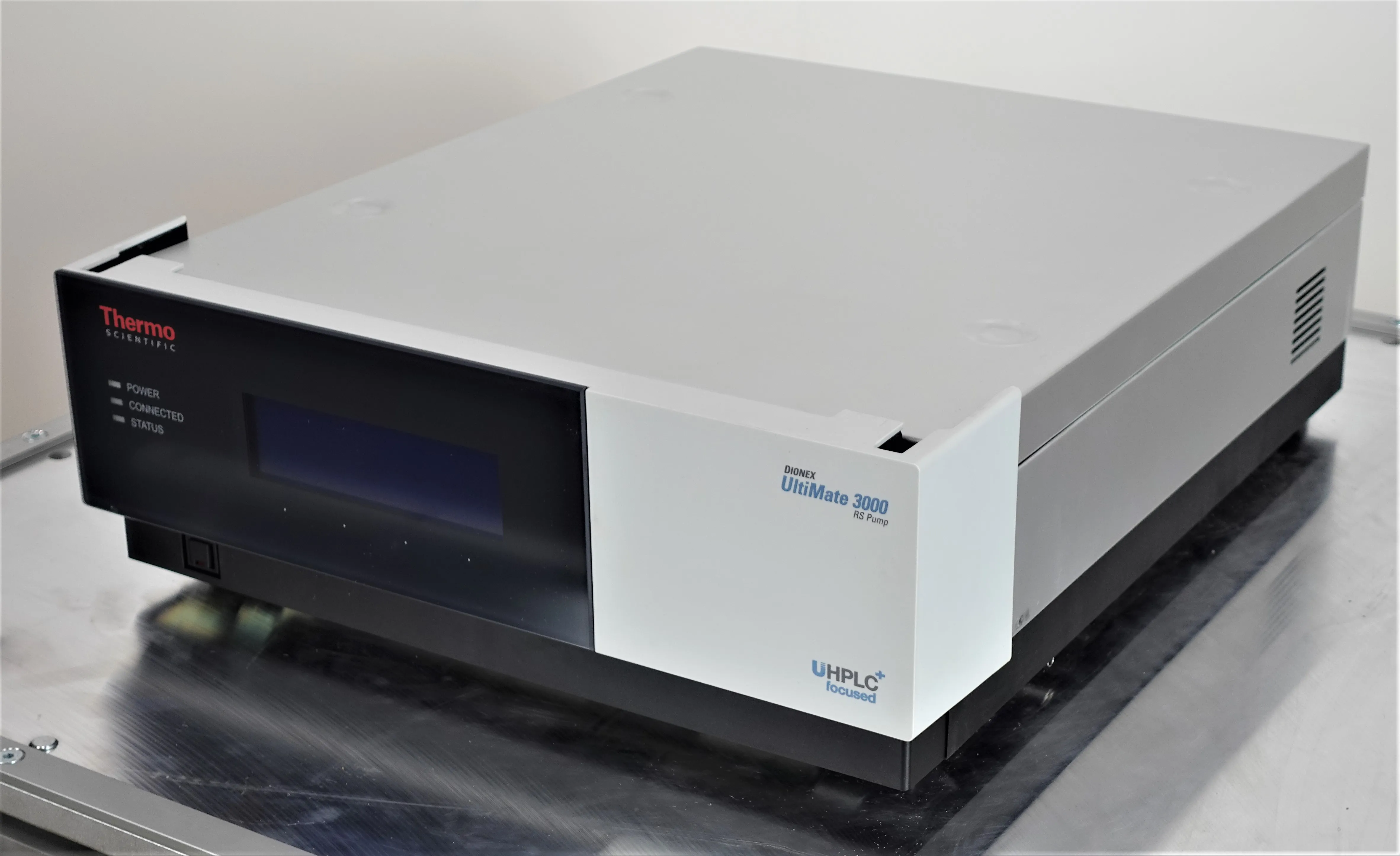Discover a range of Vacuum Pumps designed for effective evacuation and pressure control in laboratory settings. Ideal for applications in chemistry, biology, and industrial processes, these pumps ensure reliable performance for various tasks. Shop online for easy ordering and fast delivery.
Vacuum Pumps
Price Filter
$0.00 - $175,000.00Product Region
Product Condition
Product Warranty
Browse By Category
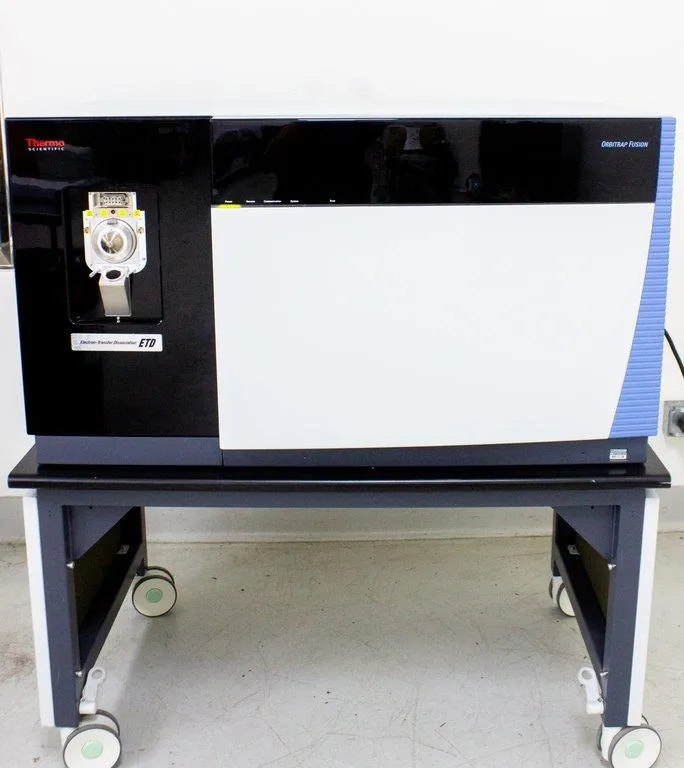
Thermo Scientific Orbitrap Fusion Tribrid Mass Spectrometer FSN10126-1
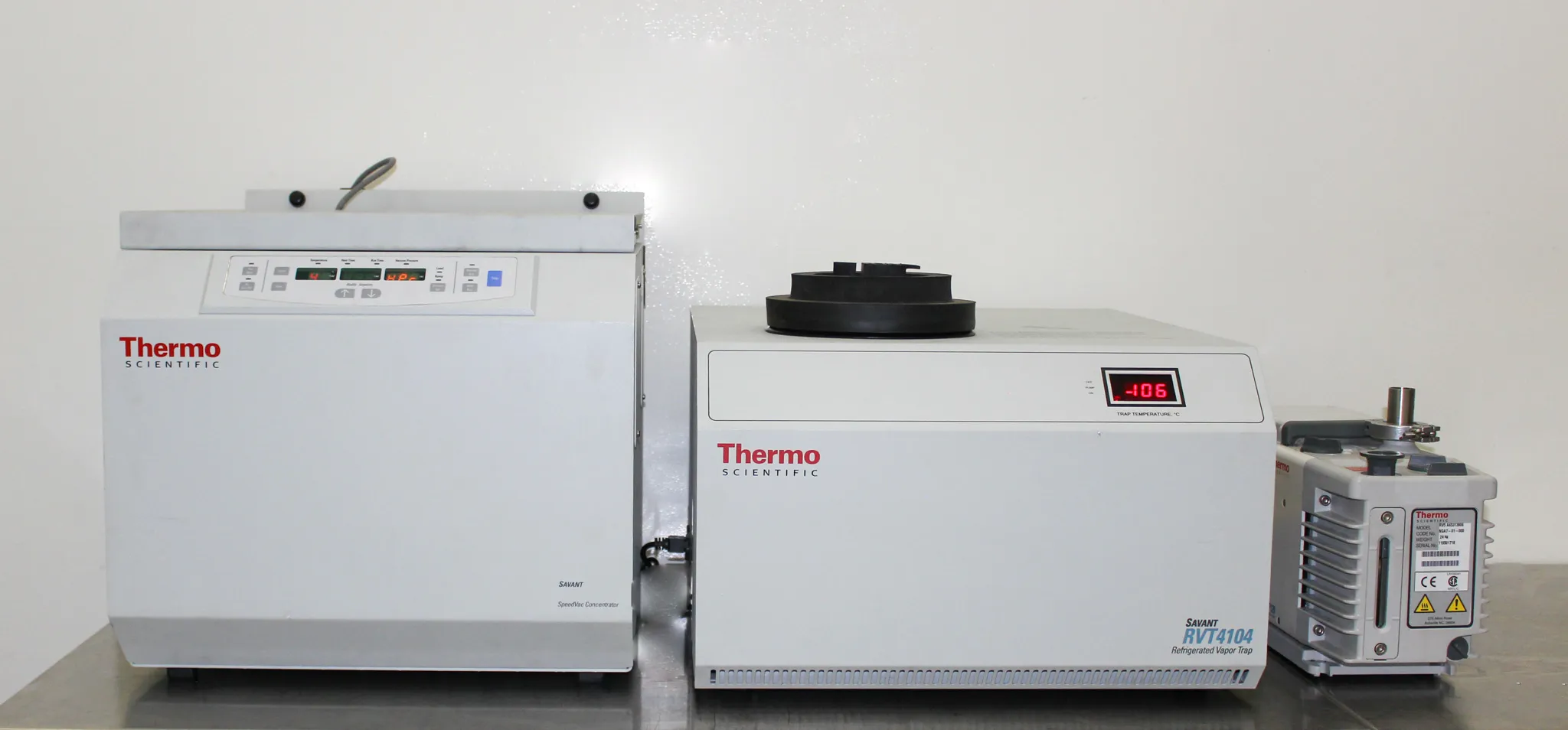
Thermo Scientific Savant SpeedVac Concentrator w/ RVT4104 & VLP120 VacPump
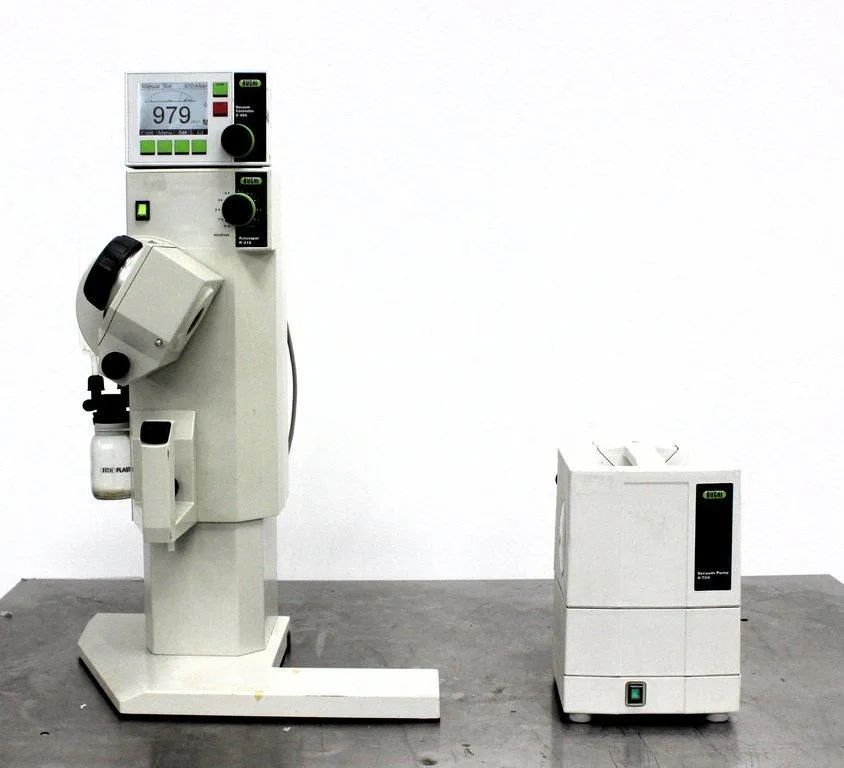
BUCHI Rotovapor R-210 with Vacuum Pump V-700 and Controller V-850 Evaporator
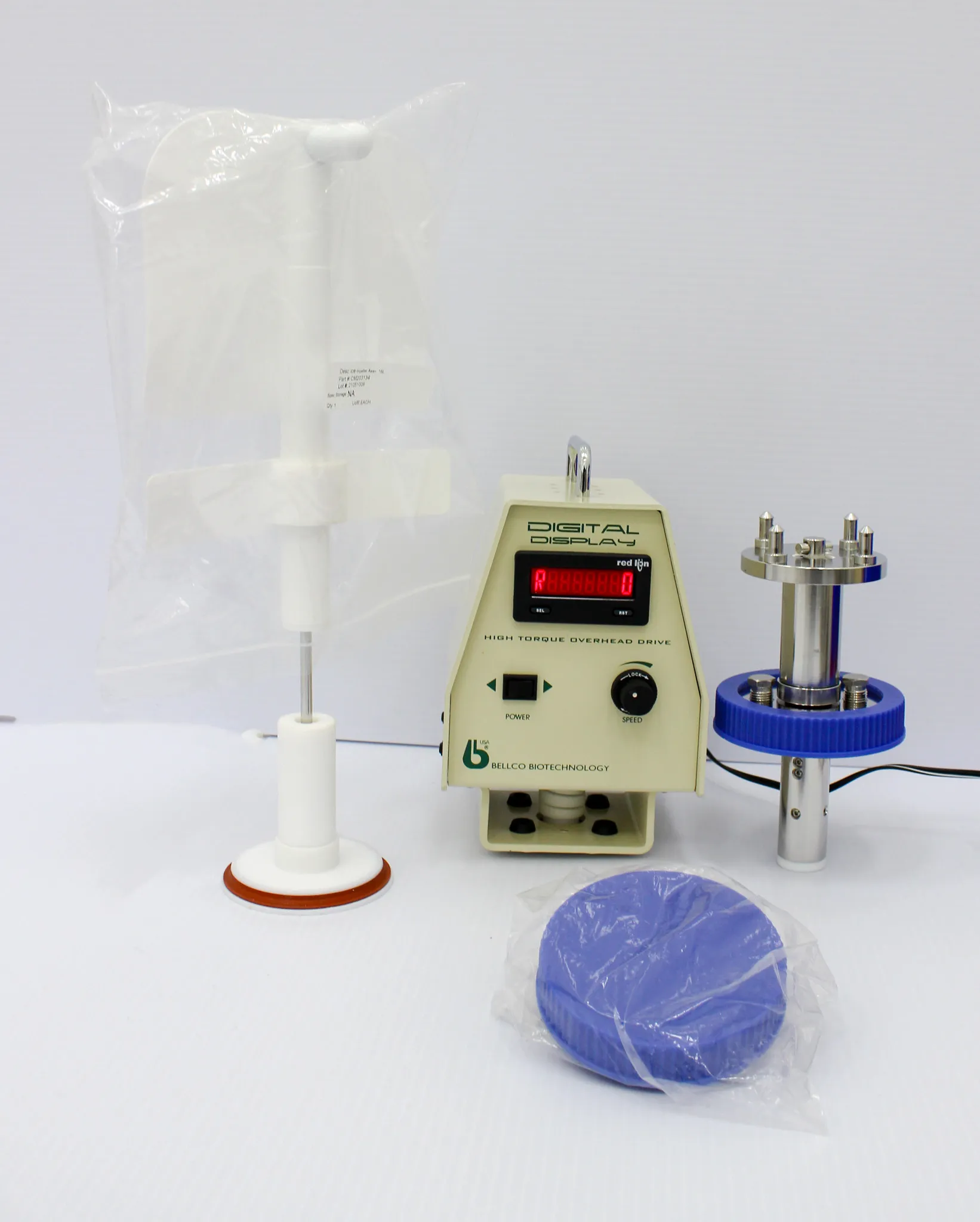
BELLCO Glass Digital Display High Torque Overhead Drive 7774-30115
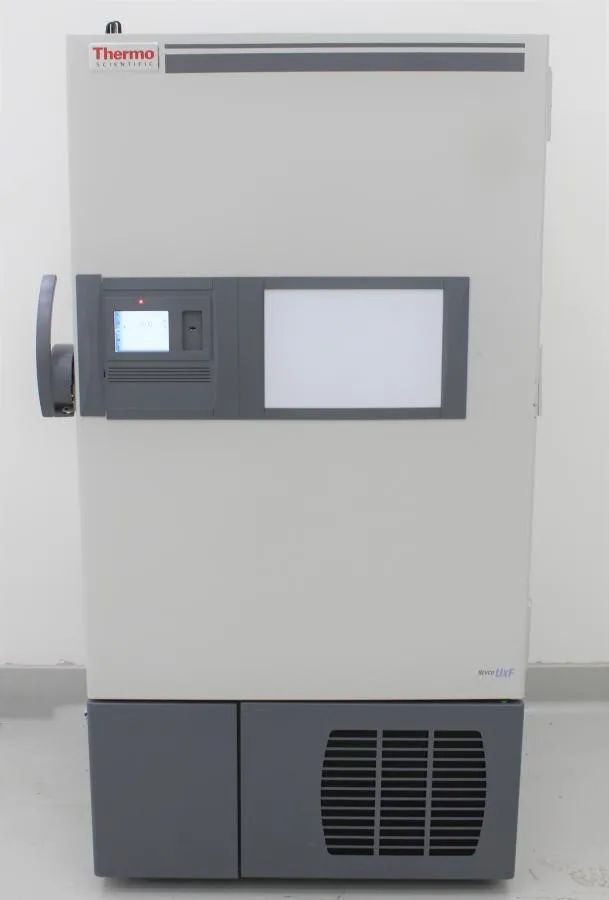
Thermo Fisher Scientific Revco UXF60086A Ultra Low Temperature Freezer
Question & Answers For:
Vacuum Pumps
Past Questions, Helpful Answers.
What types of vacuum pumps are available?
Vacuum pumps come in different types, including rotary vane, diaphragm, scroll, and piston pumps. The best choice depends on the intended application and required vacuum level.
What factors should I consider when choosing a vacuum pump?
Consider factors like required vacuum level, chemical compatibility, flow rate, noise level, and maintenance requirements to select the most suitable pump for your needs.
Can vacuum pumps be used for both liquid and gas applications?
Yes, but the suitability depends on the pump type. Some pumps handle gases only, while others can manage vapors and liquids with proper trapping and filtration.
How do I maintain a vacuum pump for long-term use?
Regular maintenance includes changing oil (if applicable), cleaning filters, checking seals, and ensuring proper ventilation to avoid overheating.
Do vacuum pumps require oil for operation?
Some vacuum pumps are oil-lubricated, while others, like diaphragm and scroll pumps, are oil-free. Oil-based pumps typically provide a deeper vacuum but require more maintenance.
Are these vacuum pumps suitable for laboratory use?
Yes, these vacuum pumps are designed for laboratory settings, making them ideal for chemistry, biology, and other research applications.
Can a vacuum pump be used for filtration in laboratories?
Yes, many vacuum pumps are used in laboratory filtration processes to speed up liquid separation in filtration setups.
What is the typical noise level of a vacuum pump?
Noise levels vary based on the type of pump. Diaphragm and scroll pumps are generally quieter than rotary vane pumps. Checking the decibel rating of a specific model can help.
How does temperature affect vacuum pump performance?
Extreme temperatures can impact efficiency. Cold conditions may thicken oil in lubricated pumps, while excessive heat can lead to overheating or reduced suction.
